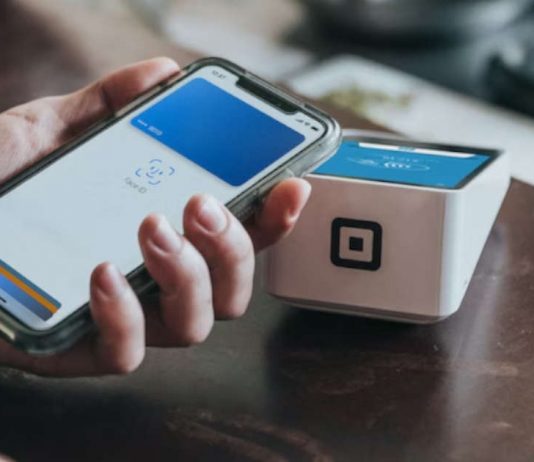When it comes to payment app development for small businesses, there are many options available. Choosing the right one can be difficult, so we’ve put together this list of what we believe to be the best solutions.
Contents
What are the best payment options for small businesses?
Payment apps are an easy way to accept payments. They allow you to accept new forms of payment, including mobile wallets and cryptocurrencies.
Payment apps are a great way to collect customer feedback. They give customers the ability to submit a review, rate their experience, or even share the transaction on social media (if you choose).
Payment apps development is a great way to increase customer loyalty; this can be done by offering special discounts, coupons, or promotions through the payment app itself when they check out at your store. This can help drive sales while also building brand awareness!
Payment apps are a great way to collect customer feedback. They give customers the ability to submit a review, rate their experience, or even share the transaction on social media (if you choose). Payment apps are a great way to increase customer loyalty; this can be done by offering special discounts, coupons, or promotions through the payment app itself when they check out at your store.
3 Ways to Secure Your Payment App Development for Small Businesses
When developing your payment app, it’s important to make sure that you’re preventing fraud and maintaining high levels of security. Fraud prevention is a top priority when it comes to payment apps because they involve sensitive information such as credit card numbers and bank accounts.
To ensure that your payments are secure, you should consider the following tips:
- Ensure that the payment solution used by your business is PCI DSS compliant. This will ensure that any data stored or transmitted by the system is safe from unauthorized access.
- Use two-factor authentication whenever possible for added protection against cyber threats and identity theft. Two-factor authentication adds a layer of security by requiring users both their username/password and an additional piece of information (e.g., one-time passcode) to log into their account or complete transactions with other users on the platform.
Pros and Cons of Payment App Development for small businesses
There are many pros and cons of payment app development for small businesses. Let’s take a look at them:
Pros:
- Payment apps are easy to use.
- Payment apps are secure.
- Payment apps are fast to set up.
Cons:
- Payment apps can be difficult to develop. The first step in securing your payment app is ensuring that it’s built on top of a solid foundation, which requires at least 6 months of research and development (R&D) before any code is written. This means that, in addition to the cost of building your initial team, you will also need to account for a sizable amount of money up front just so they can get started on this phase alone!
- Second, you need to consider that your payment app will likely require multiple phases of development. This means that you should expect the project to take longer than anticipated and budget accordingly.
- Finally, you should consider whether or not your team is capable of delivering on the project’s objectives. This can be difficult for many small businesses who are unfamiliar with what it takes to build a payment app from scratch; however, if you want to ensure that your app is up and running as soon as possible, then this step is crucial!
Conclusion
We hope this blog post has helped you better understand the benefits and drawbacks of payment app development for small businesses. If you have any questions about it, feel free to reach out! We’d love to help you find the best option for your business.
Ensure that your payment solution provider is using the latest security software and hardware. You can do this by ensuring that they have a dedicated team of IT specialists who are constantly monitoring their systems for any threats or vulnerabilities.


